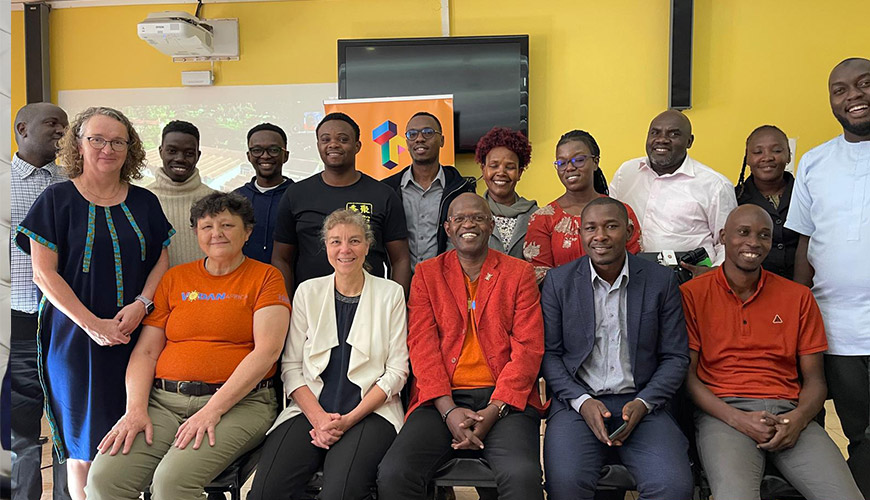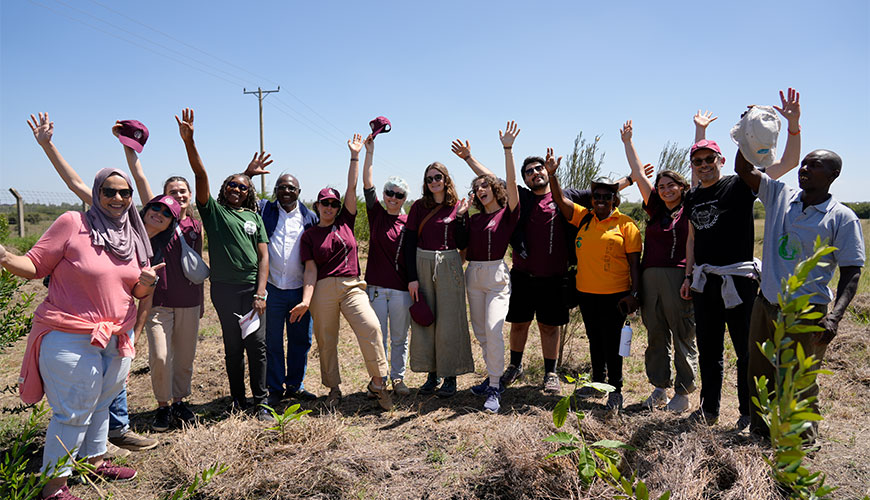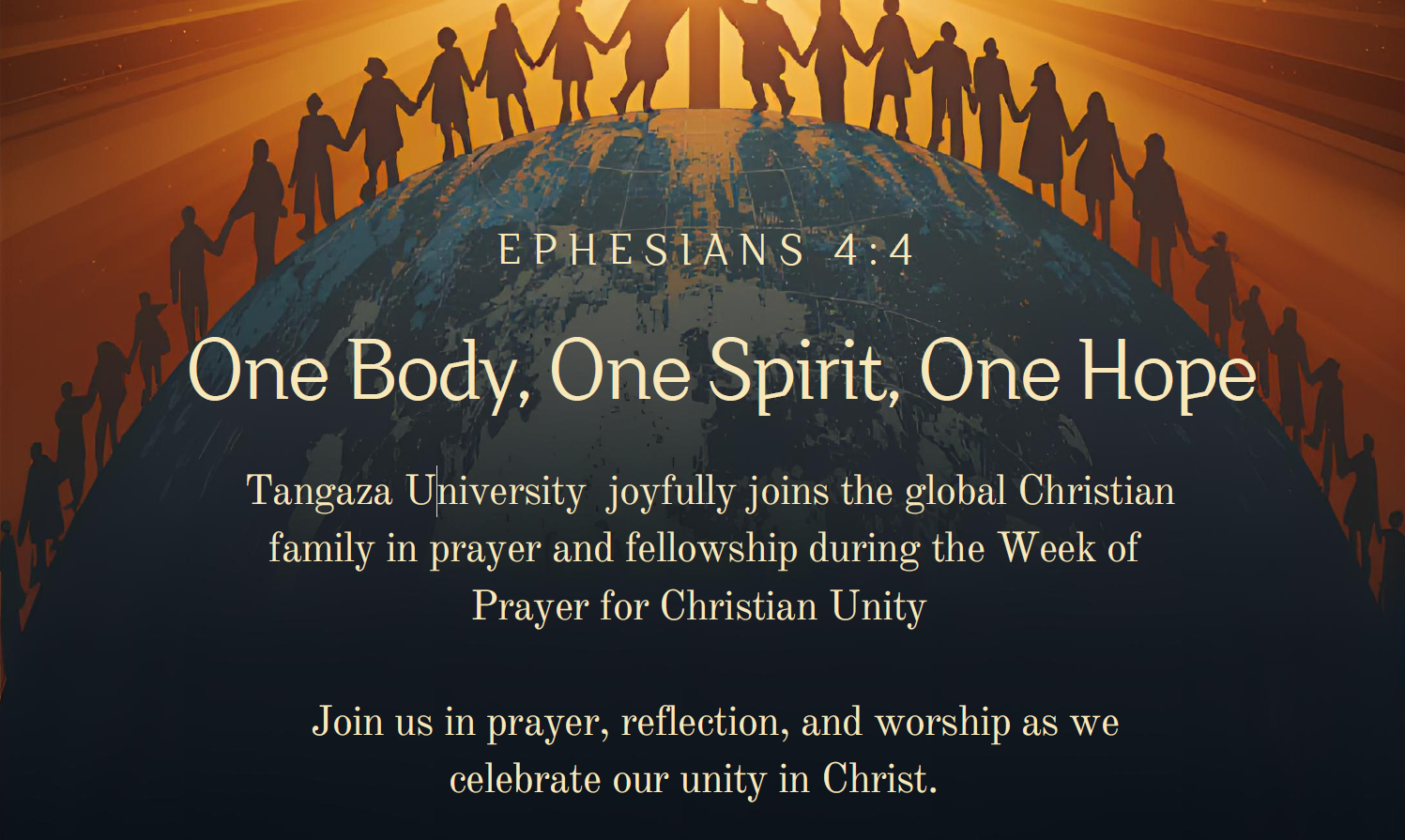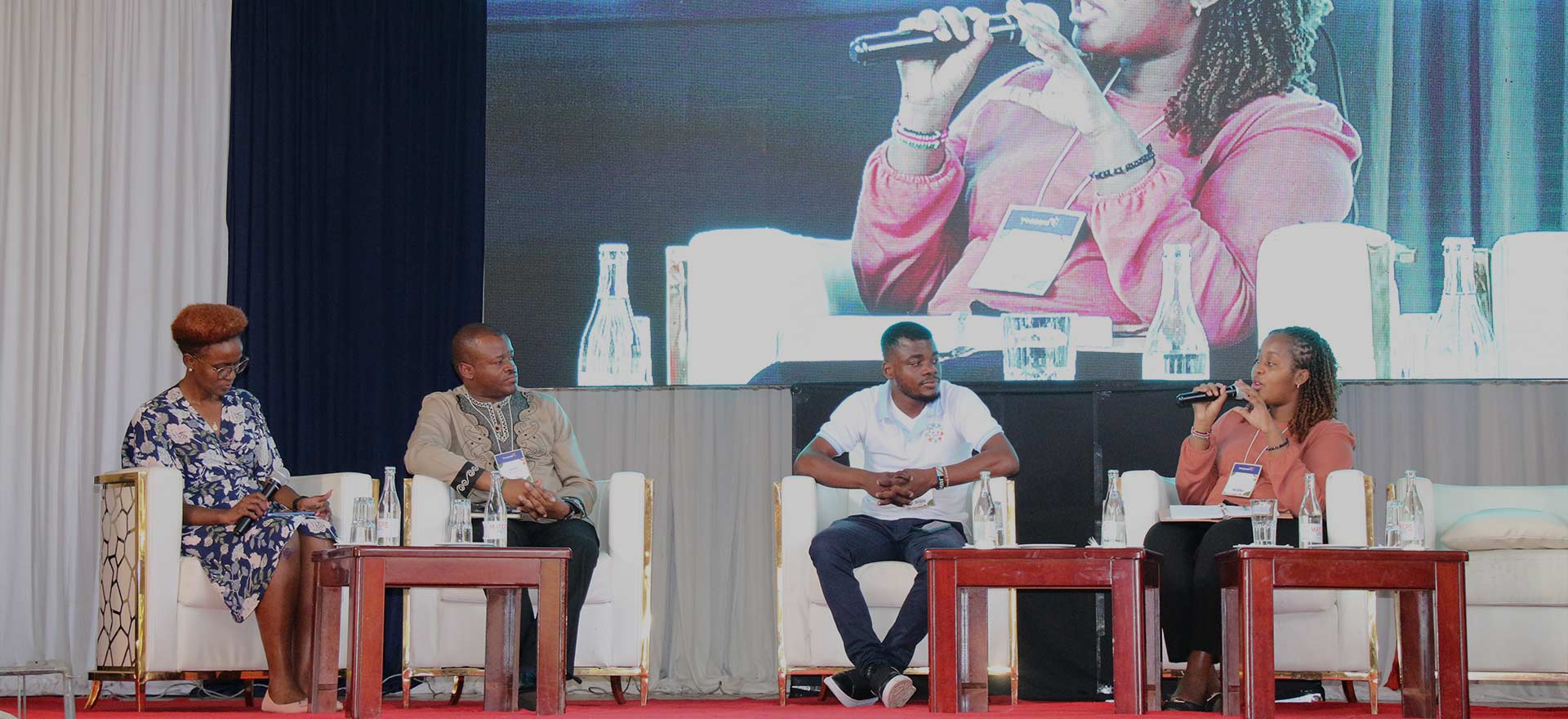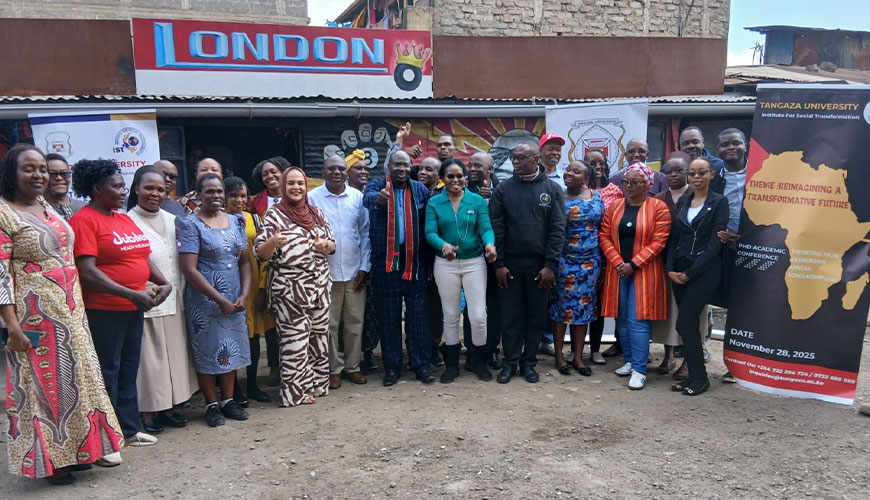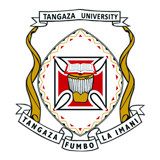On March 25-26, 2025, Tangaza University hosted a two-day training session on FAIR (Findable, Accessible, Interoperable, and Reusable) Data Stewardship for Humanitarian Data. The event, held from 9:00 AM to 4:00 PM EAT, brought together participants both in person and online. Attendees from various countries, including Ghana, Nigeria, Liberia, Ethiopia, and Uganda, joined the sessions via Zoom.
Day One: Laying the Foundation for FAIR OLR Data
The training commenced with an insightful introduction by Prof. Miriam van Reisen, who provided an overview of FAIR OLR (Online Learning Resource) Data. She elaborated on its principles and the significance of implementing FAIR Data Stewardship in humanitarian settings. Prof. Miriam highlighted that the first day aimed at building a strong conceptual foundation, while the second day would focus on the practical application of these principles.
Following the introduction, the participants engaged in a series of presentations:
William delivered a session on “Building Federated Health Dataspace for Africa,” shedding light on the challenges and opportunities in establishing a federated approach to health data management across the continent.
Joelle presented on the “Goal of EEPA on Information Flow,” explaining the importance of structured and seamless data exchange.
Beatrix led a session on “Process Mapping,” illustrating how data streams function and introducing the International Classification of Diseases (ICD) versions 10 and 11 to contextualize data processing methodologies.
In the afternoon, Prof. Miriam revisited the fundamentals of FAIR Data, emphasizing how computation within containers enhances data security. She discussed the use of RDF (Resource Description Framework) algorithms to query each container, underlining the importance of metadata in search queries and ensuring that local container data remains secure and free from backdoors.
Later in the day:
Lin introduced the “RDF Transformation Framework and DENOVO,” demonstrating how the RDF query language (SPARQL) functions within data structures.
Maxwell presented on “DENOVO and AFYA KE,” explaining how the FAIRification process is applied within these projects to improve data management and accessibility.
The first day of training concluded with a group photo session at Tangaza University, capturing the collaborative spirit of the participants and facilitators.
The second day of training focused on practical implementation, applying the knowledge gained on day one to real-world scenarios. Stay tuned for further insights from day two of the training!





Day Two: Practical Implementation and Strategic Insights
Day two began with the introduction of the Senior Data Stewards teams and the setup of training goals and group assignments. Prof. Miriam emphasized the role of ICT architecture in supporting other teams such as libraries and hospitals, translating complex data architecture into systems that are both secure and accessible. She remarked, “You can’t trust the innovation if you can’t understand the foundation.”
The day continued with several strategic and technical presentations:
Liam presented on the “FAIR Datapoint Strategy,” elaborating on how FAIR Data Points facilitate structured data access and interoperability.
Samson delivered a session on REDCap and KoBoToolbox. REDCap (Research Electronic Data Capture) is a secure web application for building and managing online surveys and databases, widely used in research settings. KoBoToolbox is an open-source suite of tools for data collection in challenging environments, often used in humanitarian emergencies and field research. Samson highlighted how both platforms can contribute to FAIR Data creation, storage, and management.
Samson also conducted a live demonstration showing the journey from FAIR Data creation to Triple Store analytics, offering hands-on insight into the FAIRification pipeline.
In the afternoon, the focus shifted to specific humanitarian use cases:
A presentation was held on FAIR Human Trafficking, demonstrating the process of transforming raw data into source data, and ultimately into metadata. The session explored how internal users can understand and share metadata through well-structured pipelines.
A video presentation explained how FAIR Data Points work by adding catalogs inside datasets, which enhances fast access to triple stores. The presentation emphasized the importance of referencing both datasets and their original sources for integrity and traceability.
Prof. Miriam reminded data the stewards, “Security of your data starts with you.” She emphasized that metadata is more exposed, and the triple store serves as a secure access layer. She also cautioned against making FAIR Data Points public, especially when dealing with sensitive humanitarian data. “At VODAN, we don’t have open FAIR Data Points, and it’s not advised to make them public,” she said.
The session also included the introduction of the African University Network website.
Samson gave a presentation on Ontologies, reflecting on the question: how does querying work in RDF containers? He explained that queries will be structured within website links, with results returned as data rather than web pages. He defined ontologies as semantic data models that identify entity types and their properties within specific domains, which are crucial for data harmonization and machine-actionable semantic OLR.
Prof. Miriam concluded the session by aligning the purpose of the training with the broader goal of structuring data in a meaningful and secure way.
Conclusion
The training concluded with an overview of upcoming meetings for the year, including plans to map information flows, semantic data models, and workflows. The two-day workshop successfully built a strong foundation in FAIR Data Stewardship while offering practical insights and tools for implementation, especially in humanitarian contexts. Participants left equipped to apply FAIR principles in their respective domains, fostering better data management and interoperability across Africa and beyond.
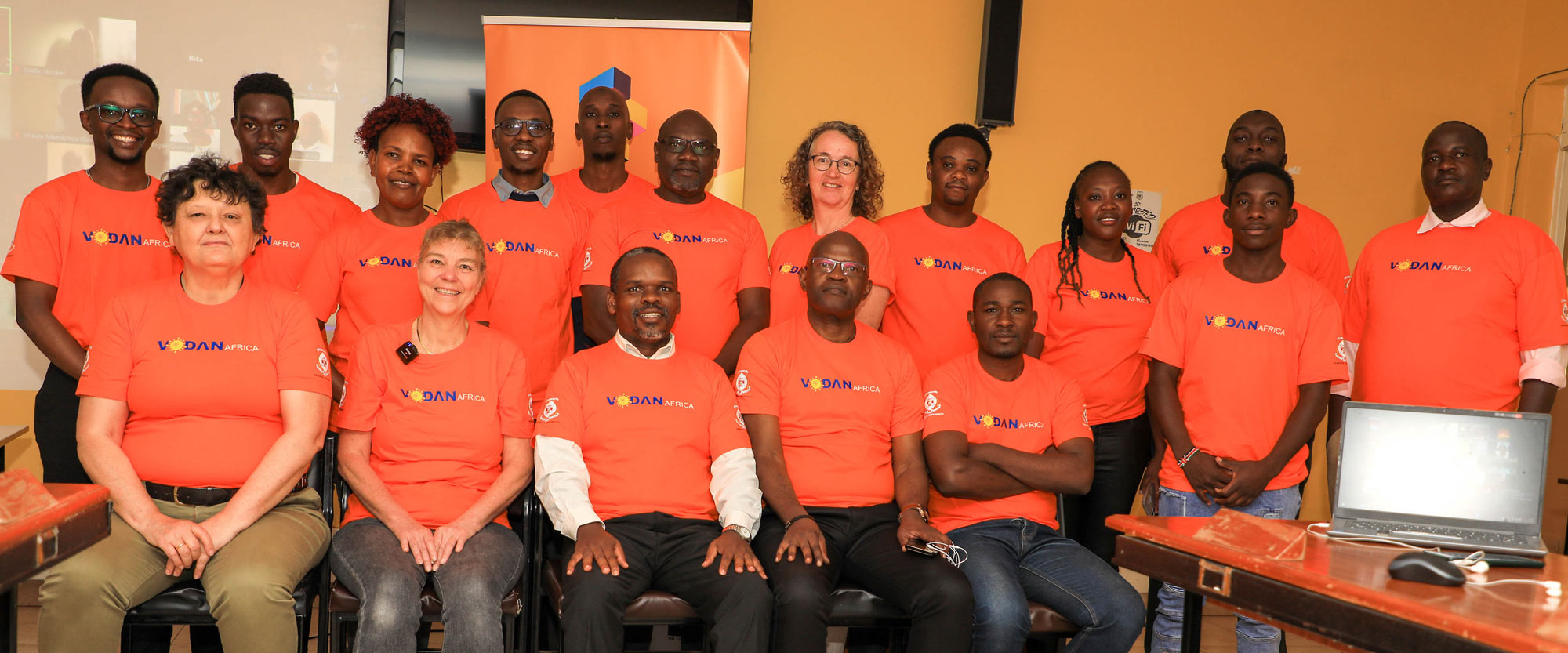
Want to download photo from gallery? Contact webmaster@tangaza.ac.ke


